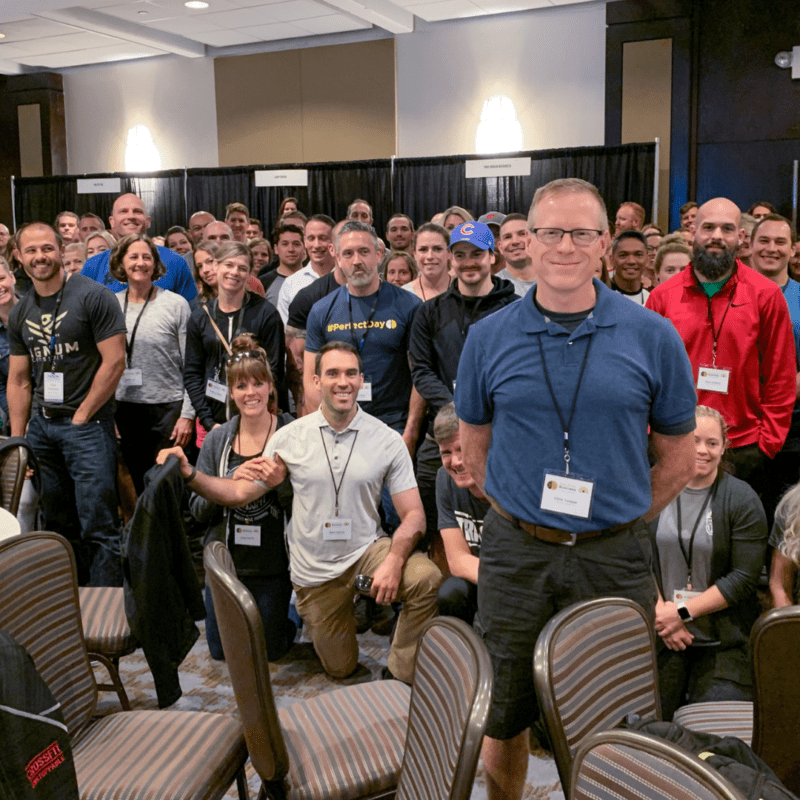Occam’s razor is a philosophical principle that means, “If there are two explanations for something, the simpler one is probably correct.” My first staff handbook was 18 pages. I was proud of it. It solved most of the problems in my business; bought me the time to fix the next problems; and improved our clients’ experience at Catalyst. Over time, the staff handbook grew: first to over 40 pages, then to almost 150. We had the entire MindBody Staff Guide in there. My idea was: “Answer every possible question in one document.” And there’s nothing wrong with that idea–until there is. One day, a coach asked how to enter a new client in our billing software. I said (triumphantly!!!): “It’s all in the staff playbook! Just follow the steps!” She said, “I looked in there, and couldn’t find it.” I said, “Did you try the search feature?” She said, “How do I do that?” So we spent the next half hour searching through the staff handbook. It would have been faster to just do it for her. And the next time there was a problem, that’s what I did. The staff handbook got shoved away, and we rarely used it. Staff reverted to asking me for help on every little detail–even though 90% of them were in the book! Even worse, as our software usage grew from a spreadsheet to MindBody, then SocialWOD, then MailChimp, and on toward infinity, the book got thicker. That means it got harder to use. And on down the spiral we went… The age-old rule of writing is “write drunk, edit sober.” That means it’s important to get everything out without interruption or roadblock. But then it’s equally important to cut out duplication and extra language. Perhaps it’s MORE important. When I was hired by CrossFit Media to write monthly pieces for the Journal, Lisbeth Darsh gave me a book. It was called “On Writing Well” by William Zinsser. The book ...
Read More →
